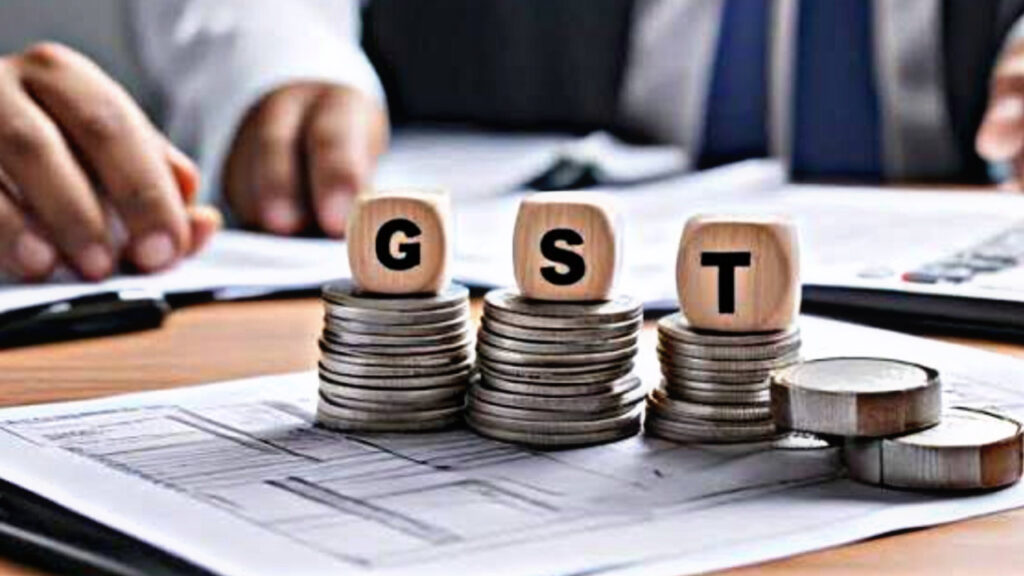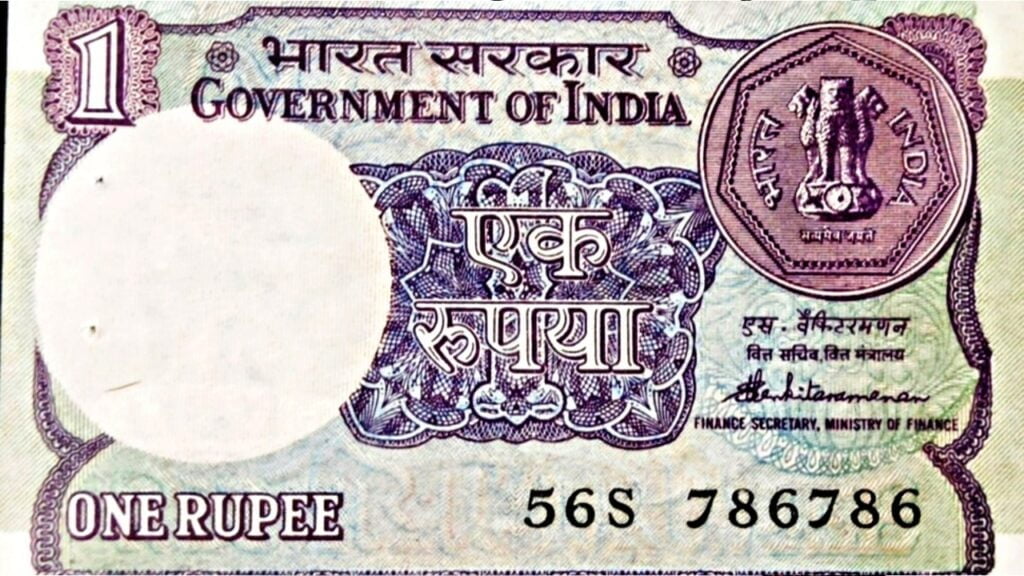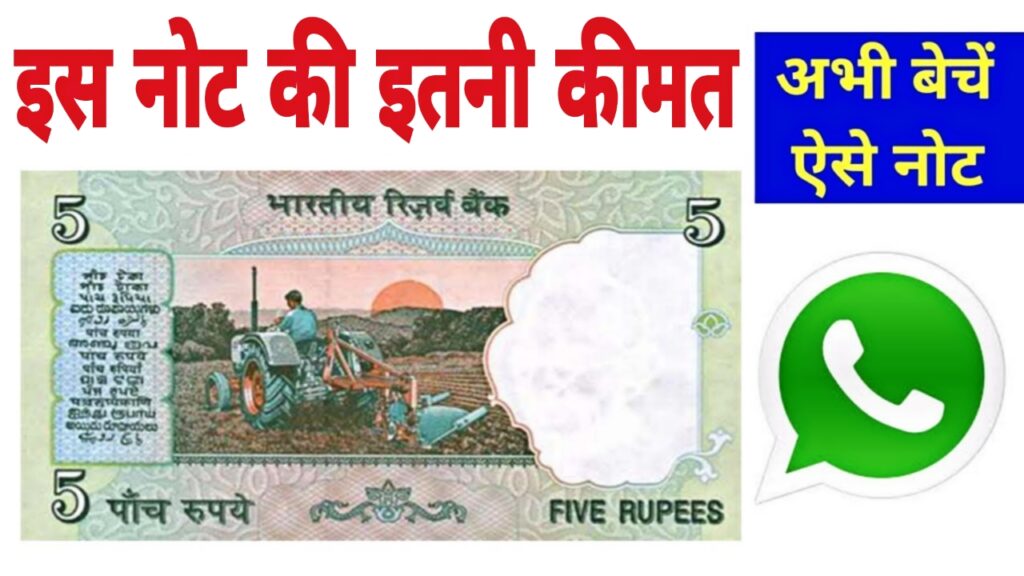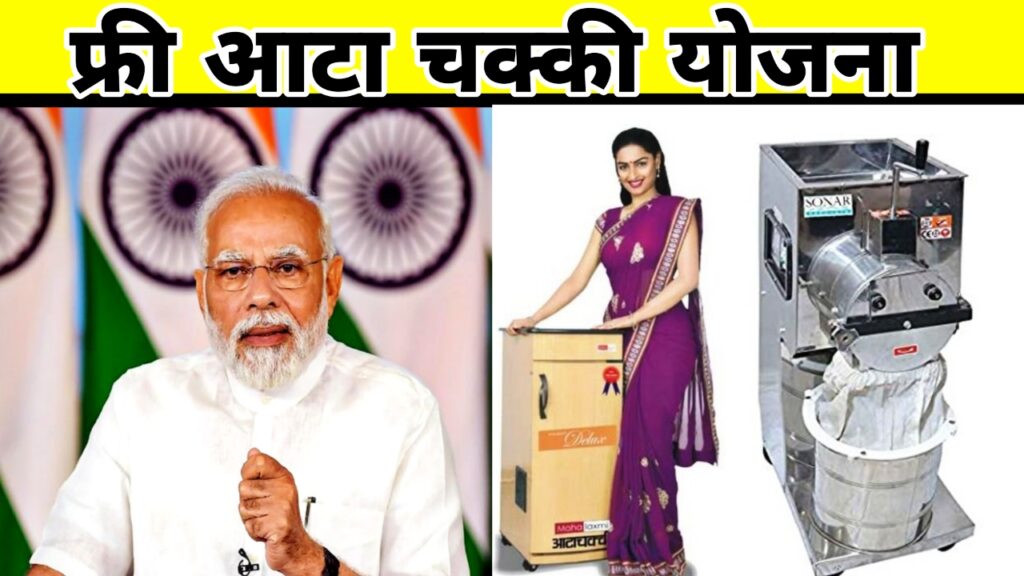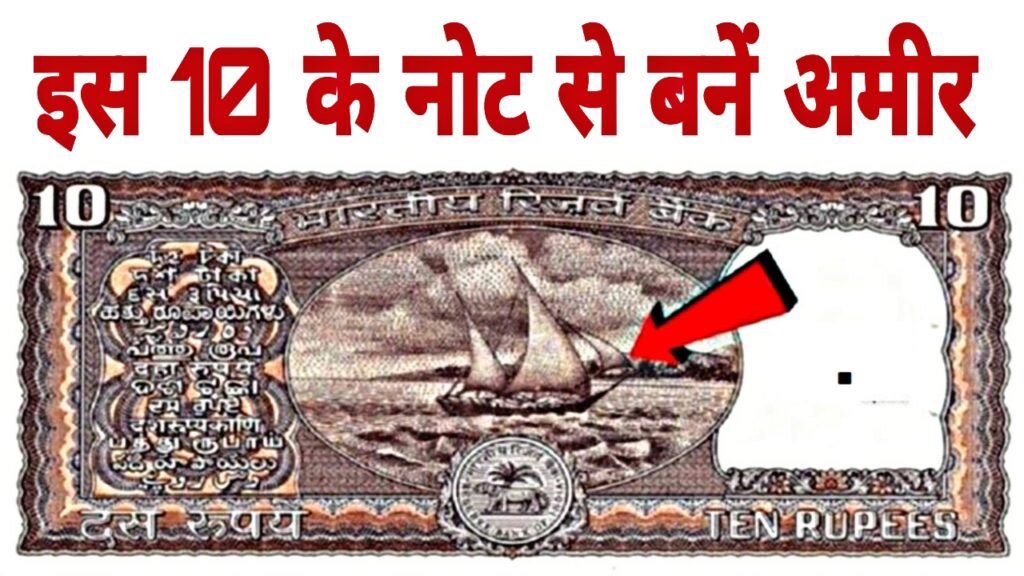GST
In a bid to raise revenue and streamline the taxation system, the Goods and Services Tax (GST) council of India has announced new rates effective from September. This decision is set to impact a variety of goods and services across multiple sectors. The revised GST rates are likely to raise the prices of several products, from daily essentials to luxury goods. Key sectors that will see price hikes include soft drinks, cigarettes, and various other consumer goods.
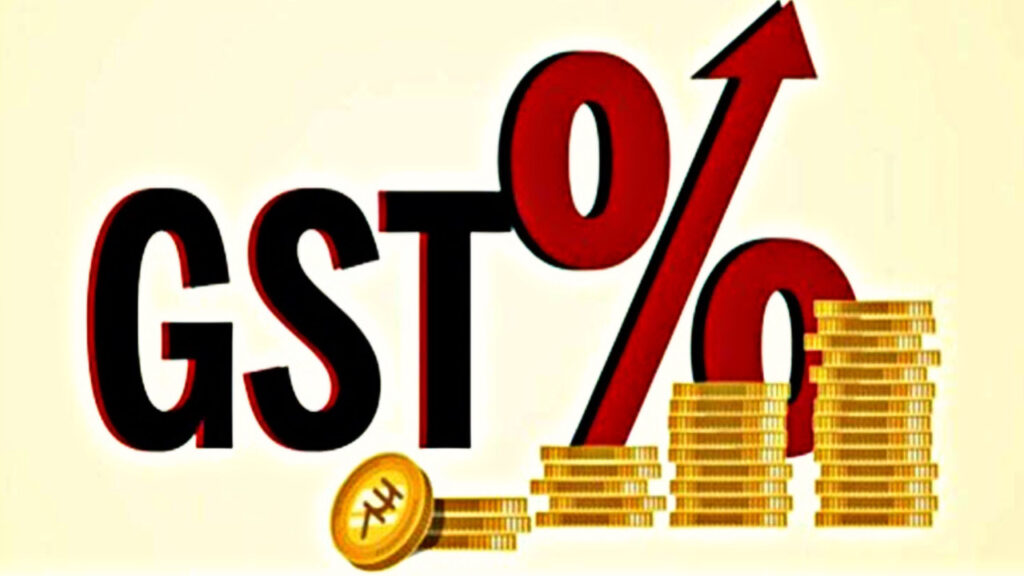
Impact on Soft Drinks and Beverages
One of the most noticeable changes in the new GST structure is the hike in the tax rates on aerated drinks and soft beverages. Previously, such drinks were taxed at 18%, but under the new regulations, the GST on soft drinks will rise to 28%. This hike is expected to increase the price of popular brands of carbonated drinks, fruit juices, and ready-to-drink beverages. With the festive season approaching, this change will affect a wide consumer base, from restaurants and cafés to retail consumers who regularly purchase these items.
The government has cited health concerns and environmental reasons as some of the motivations behind this decision. Soft drinks, especially carbonated and sugary beverages, have often been criticized for contributing to rising health issues like obesity and diabetes. As a result, the higher tax aims to discourage consumption and generate funds for health-related initiatives.
Cigarettes and Tobacco Products
The taxation on cigarettes and other tobacco products has also seen a rise. This increase is part of an ongoing effort to curb tobacco consumption in the country. While cigarettes were already subjected to high tax rates, the revised GST will push their cost even higher. The tax rate for cigarettes will now be increased to 28%, with an additional cess. This means that both the cost of traditional tobacco products like cigarettes and other related items such as cigars and chewing tobacco will rise.
The government has long used tax hikes as a tool to deter smoking, given the associated health risks. With the new GST structure, tobacco products will become more expensive, potentially leading to a decline in consumption. However, it’s likely to have an adverse effect on small vendors and the informal sector, which relies heavily on tobacco sales.
Other Key Items Affected
Aside from soft drinks and tobacco, the revised GST rates will also impact other consumer goods. Items such as packaged foods, confectionery, and certain electronic goods will see a price increase. For instance, the GST on packaged snacks, cakes, and pastries is set to rise, which will affect the affordability of these items for the average consumer. Similarly, high-end electronics like smartphones and laptops will attract higher taxes, making them more expensive for tech enthusiasts and general consumers alike.
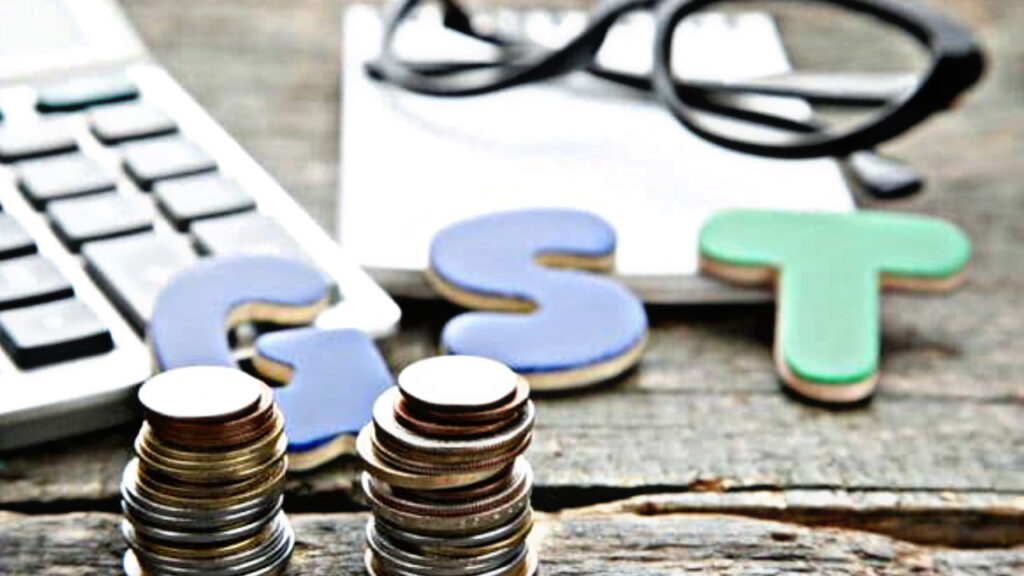
Impact on the Hospitality and Restaurant Sector
The restaurant and hospitality sectors are not immune to these changes either. The GST on restaurant bills, especially those in fine dining establishments, is likely to increase. The move comes in the context of the government’s continued focus on expanding its tax base and increasing revenue. Restaurants and food chains that rely on high-volume sales are expected to pass on the increased costs to consumers, making dining out slightly more expensive.
While the new GST rates aim to boost government revenues, they will undoubtedly place a greater financial burden on consumers. Soft drinks, cigarettes, and several other products will become costlier from September. This could lead to changes in consumption patterns, with some individuals opting for lower-cost alternatives. Whether the hike in tax rates succeeds in encouraging healthier choices or merely increases the financial strain on consumers remains to be seen. As always, businesses will need to carefully assess their pricing strategies to stay competitive in an evolving market.

